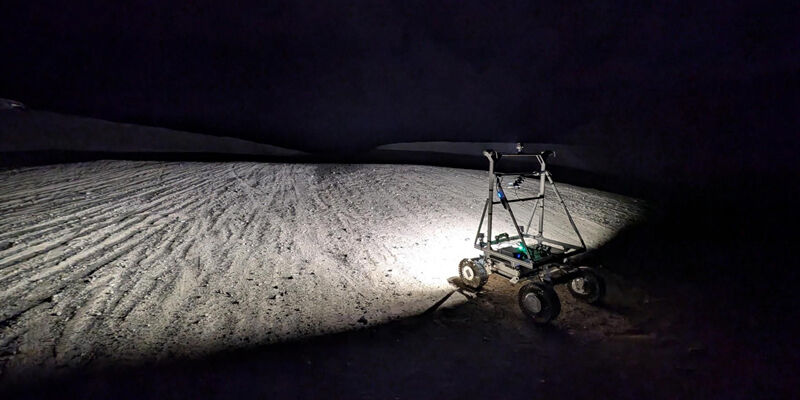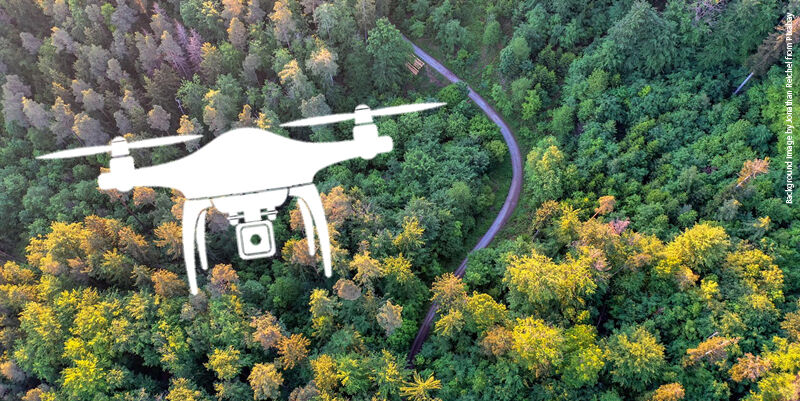Conferences tend to be a good indicator of the current health and ambition of an industry, and at the European Space Agency’s Living Planet Symposium in May (http://lps16.esa.int/) it was clear that the Earth Observation sector is growing - and fast.
Record numbers of attendees, 50 per cent more than 2013, and an enthusiastic audience, made the symposium the largest Earth Observation conference to date, but also delivered an informative and engaging event. The increase in participants, the questions raised, and the breadth of applications on show in the exhibition, not only indicate the potential for future growth, it also reflects the rapid pace of progress in Earth Observation science and technology.
Being able to showcase the potential of Earth Observation is a powerful tool, it helps persuade those who’ve never considered this data to think about how it might add value to their own business decision-making. We need to continue to push the boundaries on how we visualise satellite Earth Observation data and deliver technology demonstrators that are increasingly accessible and user-friendly, enabling potential customers to quickly understand the potential value to their organisation.
But for small businesses, the need to demonstrate technical feasibility or develop a prototype of a new satellite-based product or service can be a significant investment challenge.
Part of our work at the Satellite Applications Catapult is supporting start-ups and small businesses to access technical and business advice to help overcome these challenges. One of the ways to attract fresh-thinking and to be able to identify the ideas, and the people behind those ideas that could succeed, is through the competition process.
In 2016, as part of Europe’s leading Earth Observation innovation competition, the Copernicus Masters, the Catapult is supporting a new Sustainable Living Challenge. The challenge is looking for satellite-data based solutions that could tackle the challenges faced by a growing global population from agriculture and natural resource management, to smart cities and resilient infrastructure, healthcare delivery or the sustainable use of the oceans. The judges are looking for fresh thinking, an idea with clear market potential and people with the passion and drive to turn their idea into a business.
By answering twenty straightforward questions, entrants will have completed the application form with the potential to win a business support package worth £5,000 and a data allocation worth 10,000 Euros to help develop the idea and deliver a more solid proof-of-concept. All intellectual property remains with the entrant, the goal is to help the business succeed so that it becomes revenue generating and brings more people into the sector.
The closing date for applications is 18 July 2016 and applications are made online at copernicus-masters.com. Entrants who would like to talk through the application process and criteria in more detail can contact the Catapult team at [email protected].
You could be just twenty questions away from having an idea turn into a business that could exhibit at the next EO symposium!
Subscribe to our newsletter
Stay updated on the latest technology, innovation product arrivals and exciting offers to your inbox.
Newsletter

